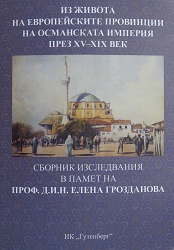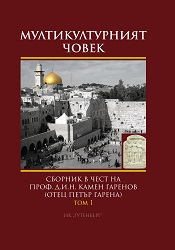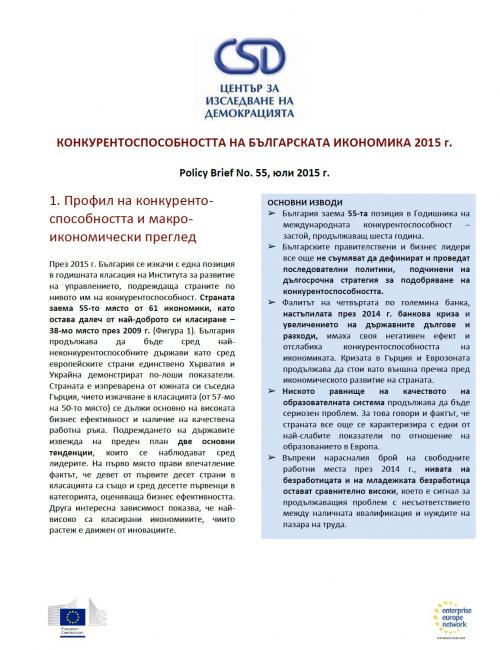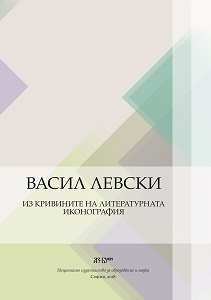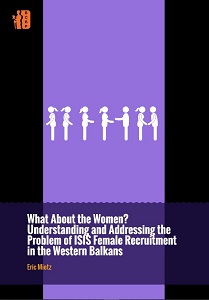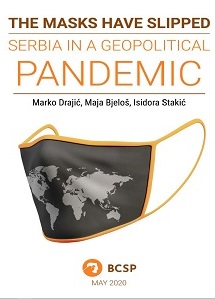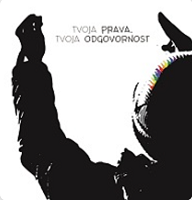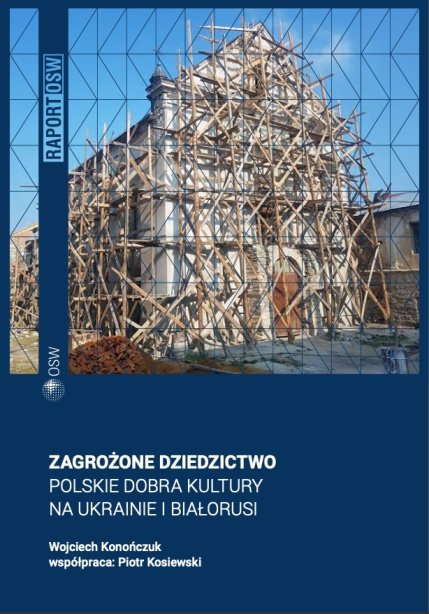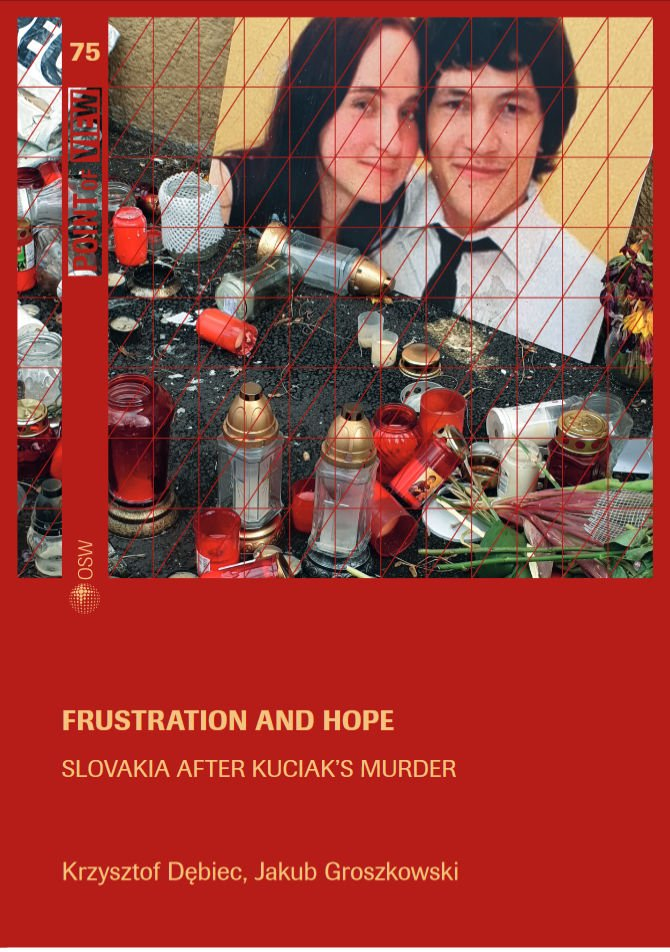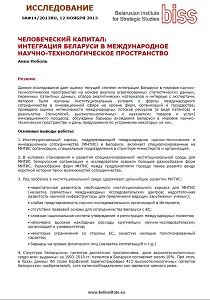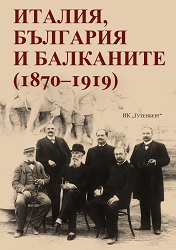
Италианските архитекти и инженери и строителното дело в България от Освобождението до Първата световна война
The author chose to write this article because of the two parallel problems that took place in the end of the Nineteenth century and the beginning of the Twentieth. One of the problems was related with the migration of labor from Italy to Bulgaria and the other problem was concerned with foundation of state system in Bulgaria and the modernization of the country. This thematic is concerned with the mass migration and the individual one as well. The purpose of this article is to give the count of the Italians specialists that were working in the construction sphere in Bulgaria and whether they were with Italian origin or their origin had been lost in the generations of their families.
More...
